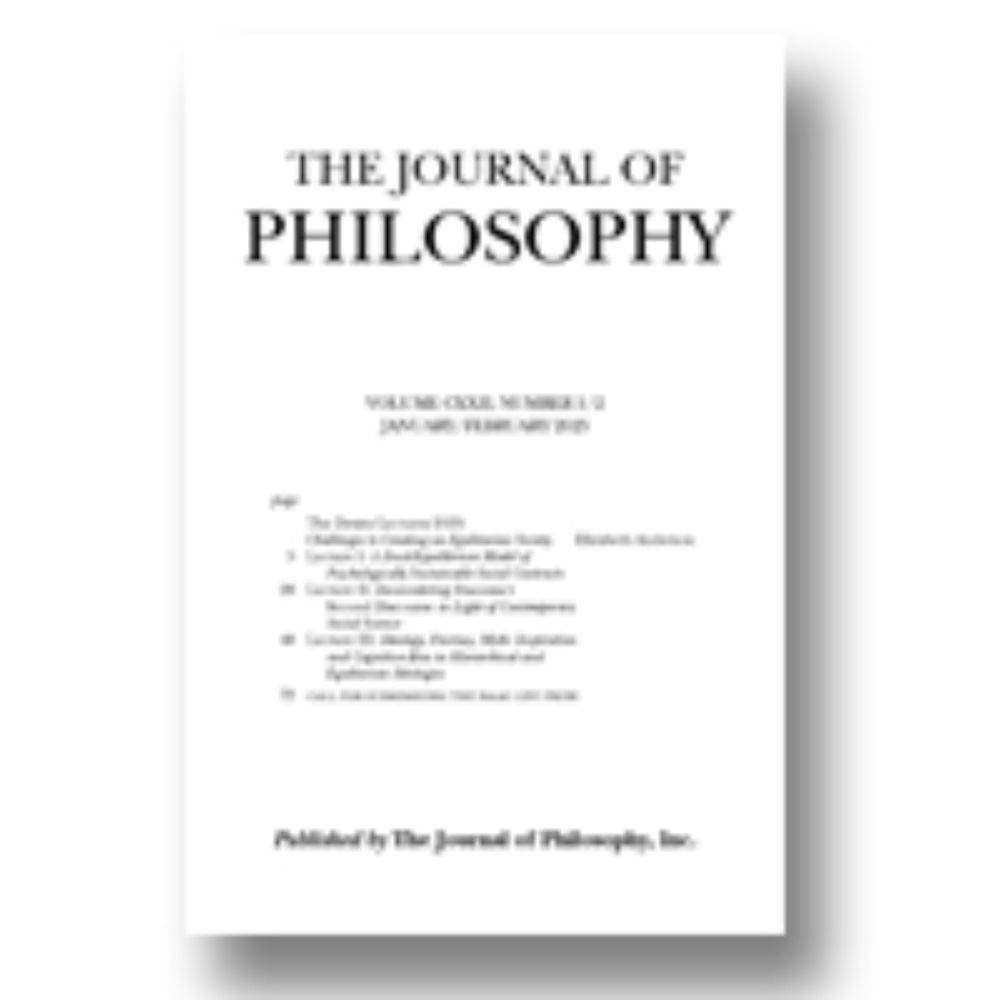www.tandfonline.com/eprint/U4UGA...
www.tandfonline.com/eprint/U4UGA...

Checkout the full paper here: www.tandfonline.com/eprint/U4UGA...

Checkout the full paper here: www.tandfonline.com/eprint/U4UGA...
A shocking number of readers misinterpreted the author's intent—25% even thought the opposite at least once.
Thread 🧵(2/n)
A shocking number of readers misinterpreted the author's intent—25% even thought the opposite at least once.
Thread 🧵(2/n)

